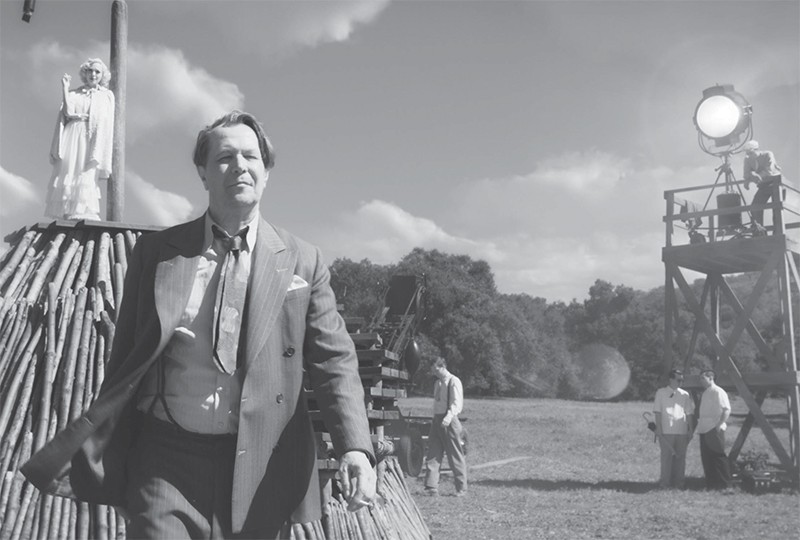08/11/2020
08/11/2020
In one history of the movies, “Citizen Kane” screenwriter Herman Mankiewicz might look like a footnote. The former playwright had a hand in many famous pictures, including “The Wizard of Oz,” but most went uncredited. He was the smartest guy in the room, a drunk and a gambler who was dead at 55.

And his kid brother, Joe, who directed and wrote “All About Eve,” would go on to be the better-known Mankiewicz. But in another version of Hollywood history, the one David Fincher tells in the glorious new film “Mank,” Herman Mankiewicz as portrayed by Gary Oldman was early Hollywood in all its greatness and tragedy. Working off a crackling screenplay by his late father Jack Fincher, David Fincher has made “Mank” into an incisive look at a complex man who was once William Randolph Hearst’s favorite dinner companion but by 43 was a Hollywood has-been — washed up and laid up while writing what would become “Citizen Kane” in a bungalow in Victorville in 1940.
Even though it’s filmed in black and white with a big band score (from Trent Reznor and Atticus Ross) and made to look and sound like a film of the time, this isn’t some dreamy, nostalgic writer-as-hero tale. It doesn’t take a writer to know that there’s nothing more deathly boring and uncinematic as the writing process.
Nor is it a referendum on the old “who really deserves credit for ‘Citizen Kane’” debate. Instead, “Mank” is about the context around “Citizen Kane,” the tarnished realities of Hollywood’s Golden Age, the seductive power of filmed imagery and how a man who was once a friend not just to Hearst, but to Marion Davies, too, would decide to write about them against the advice of everyone in his life. In order to do this, Fincher flashes back to 1934, when Mank is riding high in the studio system, getting invited to all the parties, helping his little brother Joe (Tom Pelphrey) get a foot in the door and hanging around Hearst (an intimidating but warm Charles Dance) and Davies (an outstanding Amanda Seyfried). But outside of the opulence of the movie business there is the Depression going on and worldwide unrest that will soon lead to another war.
By Lindsey Bahr


